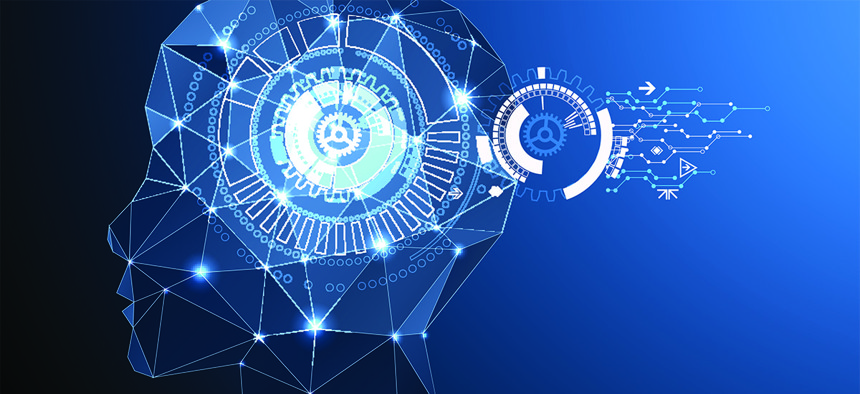White House: Federal Agencies Need Their Own Artificial Intelligence Labs

Omelchenko/Shutterstock.com
Artificial intelligence could also lead to unintended consequences that need to be explored.
Federal agencies should be individually exploring how artificial intelligence could improve their operations, a White House report suggests.
Agencies should consider building "DARPA-like organizations" for "high-risk, high-reward AI research and its application" in government, said the report, which outlined opportunities and challenges for the technology.
The report was released Wednesday, months after the White House hosted a series of public workshops, including one focused on AI applications for social good. That document incorporated discussions from the workshops, and recommended the Executive Office of the President publish a second report by the yearend to delve deeper into the effects of AI on the U.S. job market and outline recommended policy responses.
» Get the best federal technology news and ideas delivered right to your inbox. Sign up here.
The White House recommended federal agencies prioritize open training data and open data standards for artificial intelligence so those systems could be trained to analyze government data sets.
While artificial intelligence technology could save people's lives—self-driving cars, for instance, could cut down the fatal accidents caused by human error—it could also prompt unanticipated economic consequences, the report said.
New technology could put low-wage earners out of work by “reducing demand for certain skills that can be automated while increasing demand for other skills that are complementary to AI," causing a "wage gap between less-educated and more educated workers, potentially increasing economic inequality.”
Another major challenge is "building systems that can safely transition from the 'closed world' of the laboratory into the outside 'open world' where unpredictable things can happen."
Despite challenges, many federal agencies are investing in AI; at the Walter Reed Medical Center, for instance, the Veterans Affairs Department uses the technology to "predict medical complications and improve treatment of severe combat wounds, leading to better patient outcomes, faster healing and lower costs."
The White House has been investigating how machine learning could help law enforcement "better inform decision-making in the criminal justice system," while also attempting to reduce "the possibility that AI might introduce bias or inaccuracies due to deficiencies in the available data."
But machines are “very unlikely” to “exhibit broadly-applicable intelligence comparable to or exceeding that of humans in the next 20 years," the report said, though it acknowledged "it is to be expected that machines will reach and exceed human performance on more and more tasks.”





